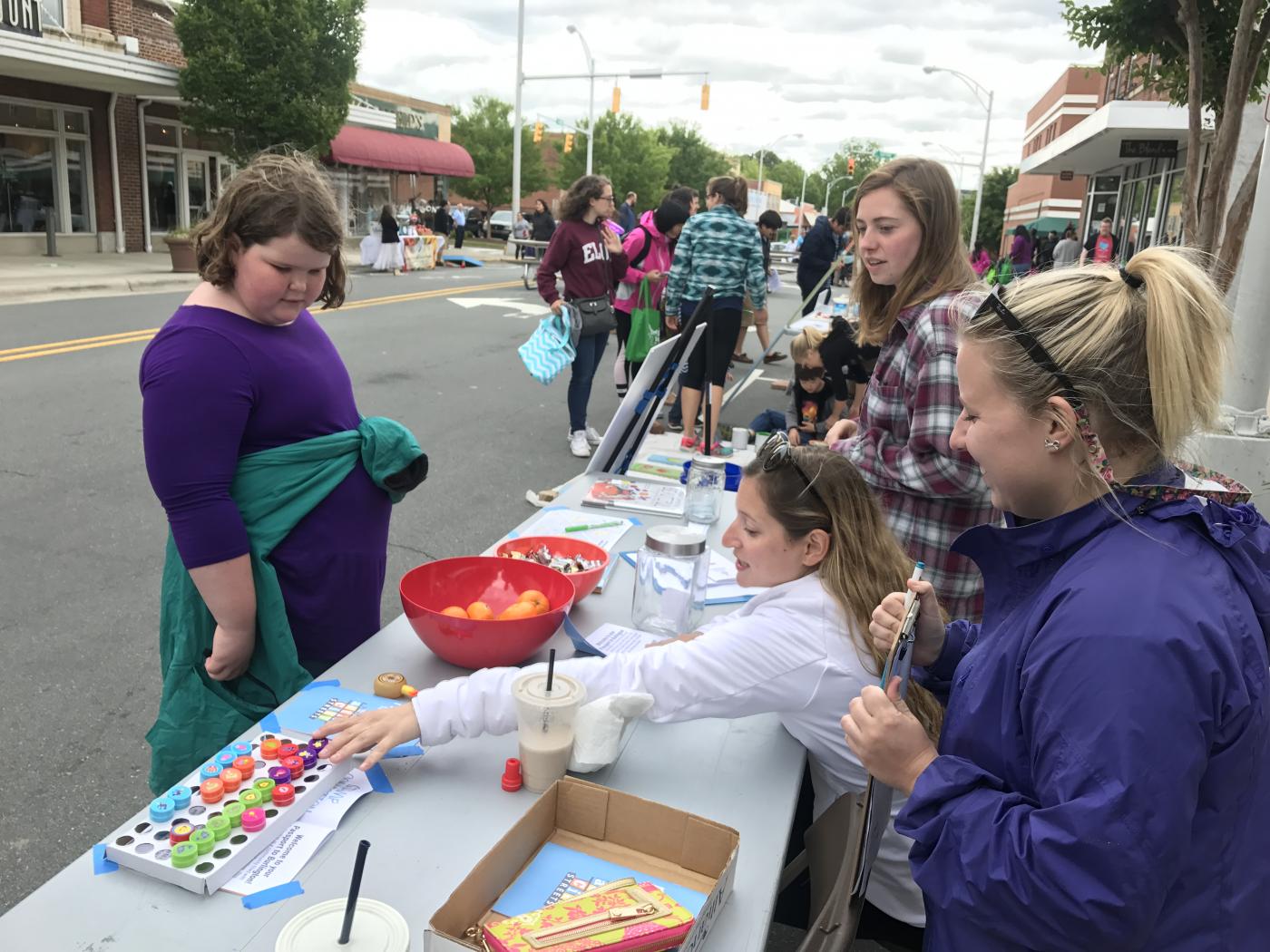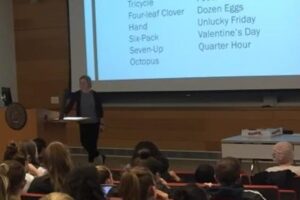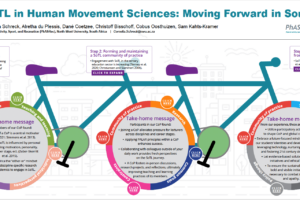
An Investigation of Immersive Learning Pedagogies
by Phillip Motley
Immersive learning is an idea that is sometimes associated with other teaching and learning concepts such as experiential learning. It is a term that can be used to describe a range of teaching and learning practices including study abroad/away, community-engaged learning, and work-integrated learning practices such as internships, clinicals, and practicums. Immersive learning can also describe structural approaches such as the intensive, singular nature of January terms and May-mesters, or, at a more sustained level, institutions that deliver courses via a full block schedule (Colorado College, Quest University, and the University of Montana Western to name a few). Immersive learning is sometimes also used to describe digital pedagogies where students are able to deeply investigate a topic in a mediated environment. Regardless of the specific practices that may be captured by a definition of immersive learning, the defining characteristics should be about the intensity of time, energy, and focus of the learning experience.
In terms of origin, the idea of immersion as a useful tool for teaching and learning seems to have initially been implemented by our foreign language colleagues. They may have been the first to realize that some content is best learned when students are asked to confront and manage learning new information in specific environments where that information naturally exists. In the case of learning foreign languages, the immersive approach usually includes living with a family in the country and culture where that language is the primary one spoken.
Along with several colleagues in the US, Canada, and Australia, I am interested in learning more about the many approaches to teaching and learning that might be considered immersive. The ultimate goal is to develop a typology of immersive learning that can then be shared with the broader academic community. With that goal in mind, and as a starting point, we have created a short, IRB/ethics-approved survey designed to gather a list of practices that you, our colleagues in teaching and learning, believe to be immersive. The survey is designed to be open-ended to the extent that the questions don’t presuppose that any one thing is—or isn’t—immersive; instead, it asks you to describe what you and your students are doing that you believe to be immersive in some way and why you’ve made these choices. At this point in our investigation, we are simply interested in understanding what our colleagues believe should be considered an immersive pedagogy.
We invite you to participate in the survey. It will only take a small amount of your time, but your thoughts will go a long way toward informing our knowledge of what we believe is a very powerful approach to teaching and learning, one that deserves more recognition and understanding.
If you are willing to participate, please follow this link to our survey:
http://tinyurl.com/immerse-learn
Best regards, and thank you,
Phillip Motley (Elon University)
Beth Archer-Kuhn (University of Calgary)
Janel Seeley (University of Wyoming)
Jennifer Dobbs-Oates (Purdue University)
Rosemary Tyrrell (University of California – Riverside)
Catharine Dishke (Thompson Rivers University)
Heather Lewis (Pratt Institute)
Michelle Eady (University of Wollongong)




